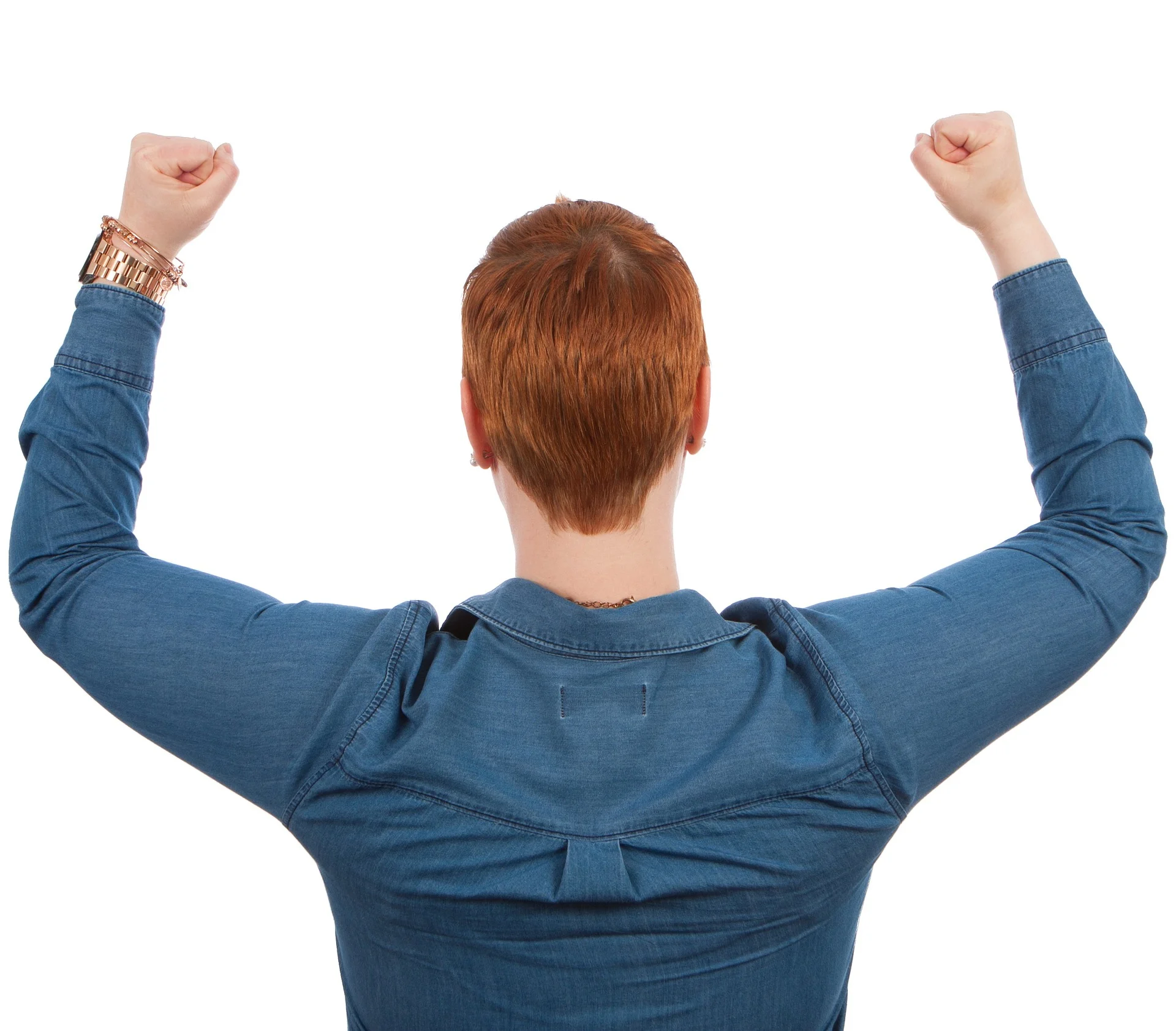Ever wonder why you sit and stand the way you do? Do you ever ponder what your body language may look like to others? While human nature trains us to pay pretty close attention to what we say and think, we less frequently attend to, or are aware of, our minute-to-minute body movements.
Social Psychologist, Amy Cuddy, has long explored body language and posits that we may actually need to pay more attention to what our body is saying. Humans have a tendency to read others' body language and make quick, snap judgments or inferences about a person based solely on nonverbal observation. At times, these judgments can predict meaningful life outcomes, such as relationships, friendships, hiring and promoting decisions, and even awards. So, truth is, this is not something to take lightly!
Research from Tufts University explored this tendency in the lab and found that people’s perception of physician niceness, based on a 30-second soundless clip of physician-patient interaction, predicted their judgment of whether or not that physician would be sued. In other words, a life-altering decision based on body movement alone. This research further illuminates the powerful and influential role body language plays on perception and decision making.
So, perhaps it is quite clear that nonverbal body language plays a bigger role in our lives than we are consciously aware of. We judge others based on their body language, and others judge us based on ours. Yet, Cuddy also reasons that we as individuals are influenced by our own nonverbal behavior. She argues that our outward body movements actually influence our inner thoughts, feelings, and physiology.
This stance is grounded in Cuddy’s research on nonverbal displays of power and dominance that she shared in a TED talk. For example, when feeling powerful, the natural tendency is to become bigger, expand, take up space, and open up. The opposite occurs when feeling powerless. One tends to close up, cross arms and legs, and try to become smaller. Interestingly, these body movements shape how we think and feel by altering our hormonal responses, just like a forced smile makes us feel happier.
Cuddy’s research finds that participants instructed to ‘power pose’ for two minutes in the lab see a 20% increase in testosterone (dominance hormone), and a 25% decrease in cortisol (stress hormone). This suggests that adapting a powerful pose (i.e. sitting tall, head up, victory pose, chest out, ‘getting big’) can positively alter one’s physiology, consequently heightening one’s assertiveness, confidence, dominance, risk orientation, and creativeness; all qualities of feeling and being powerful.
What can you learn from this? How can it impact your life?
By taking conscious control of your daily nonverbal body movements, especially in important situations, you can actually promote your best, most confident self.
The next time you face a big meeting, interview, or important event that has you on edge and feeling nervous, practice your ‘power pose.’ Take two minutes in the car, in the elevator, or even in the lobby and focus on ‘getting big.’ This simple adjustment has a lasting impact by getting your testosterone pumping and preparing to be your best, most confident and powerful self.
Remember, in just two minutes, your body can change your mind…
Postive Practice
Take time to practice your 'power pose.' What does this look like for you? How does it make you feel?
Plan ahead. If an important event is coming up, set aside time to power pose before getting started.
Share this tip with a friend who is facing an important life event. Help them to feel more powerful and confident.
To learn more on this topic, check out the works we consulted:
Cuddy, A. J., Schultz, S. J., & Fosse, N. E. (2018). P-Curving a More Comprehensive Body of Research on Postural Feedback Reveals Clear Evidential Value For Power-Posing Effects: Reply to Simmons and Simonsohn (2017). Psychological Science. Retrieved from: http://journals.sagepub.com/eprint/CzbNAn7Ch6ZZirK9yMGH/full
TED (2012). Your body language may shape who you are. Retrieved from: https://www.ted.com/talks/amy_cuddy_your_body_language_shapes_who_you_are/
